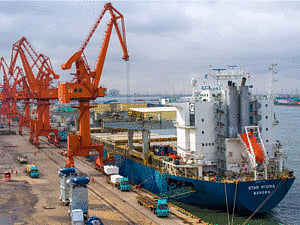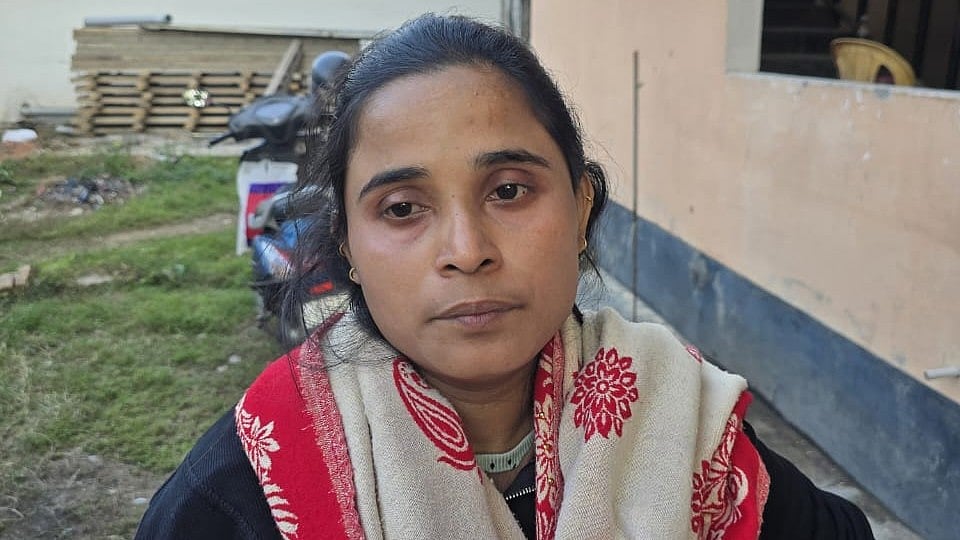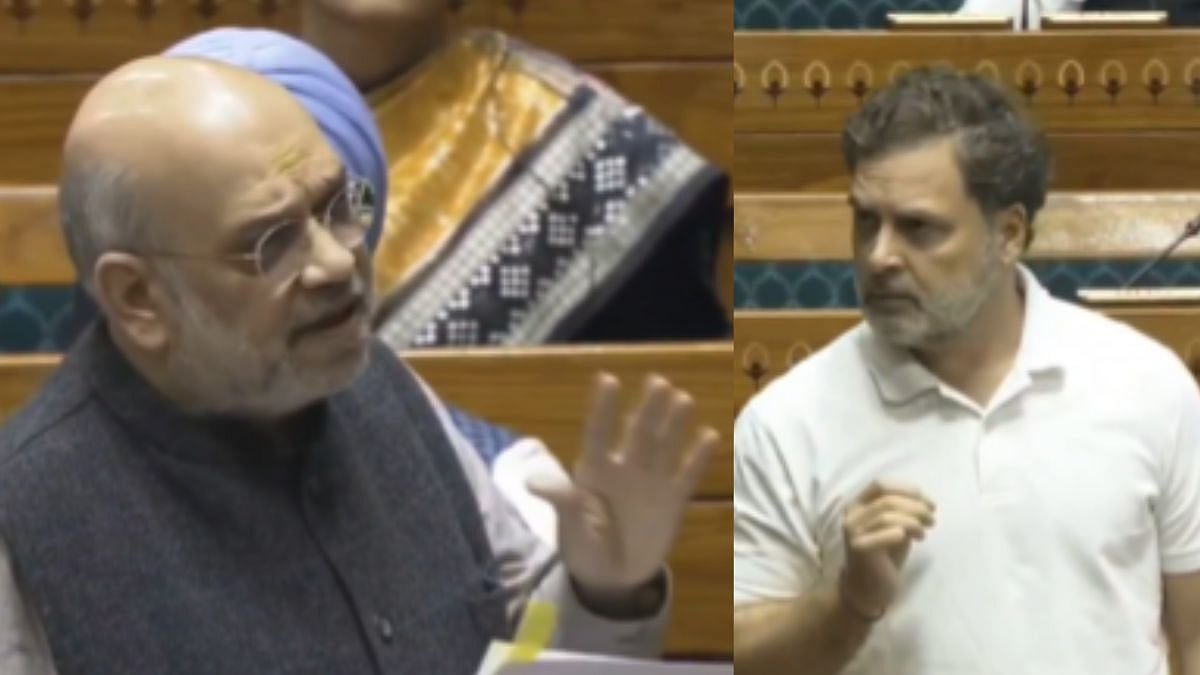Rarely do multiple events occur in a fortnight with major global impact, though distinct, closer examination reveals their interconnectedness. These are: US midterm elections to the two houses of Congress; the Ukraine war; Chinese President Xi Jinping’s emergence as unchallenged leader; the G20 summit in Bali on November 15-16 and the COP27 climate summit at Sharm el-Sheikh.
In the US midterms an expected Republican tsunami fizzled out. Democrats retained control of the Senate, with the possibility that a run-off poll win in Georgia would improve by one seat their current numbers. Republicans gain control of the House, albeit by a tiny number. Since the US civil war in 1865 only thrice has the President’s party won the midterms. David Axelrod, ex-political adviser to former President Barack Obama, tweeted that the results surprised when “people are sour on the economy & POTUS numbers are low to mid 40’s”. The Democrats, amongst other issues, campaigned on danger to “Democracy”. Many candidates backed by former President Donald Trump lost. Regardless, an unrepentant Trump went ahead on November 15 to announce a bid for a second term as President.
Chinese President Xi Jinping and U.S. President Joe Biden arrived in Bali for the G20 summit, with most interest in their first in-person meeting after Mr Biden became President. While Mr Xi came after cornering a third term and installing loyal professionals in the seven member Standing Committee of the 24-member Politburo, Mr Biden flew down having emerged surprisingly unscathed from an expected drubbing in the midterms. Their three-and-a-half-hour meeting appeared to de-escalate relations without resolving fundamental differences. China demonstrated that by despatching a naval flotilla towards Taiwan to convey that its territorial claim on it is non-negotiable.
The Bali G20 summit saw the absence of Russian President Vladimir Putin, but Putin responded by launching 100-odd missiles at Ukraine as the leaders met. The long 52-para Leaders’ Declaration opens with the observation that this was a “time of unparalleled multidimensional crises”. Two years of dislocation due to the Covid-19 pandemic was followed by Russia attacking Ukraine in February this year. The Indonesian slogan “Recover Together, Recover Stronger” encapsulates this challenge.
The G20 Leaders’ Declaration reflects these concerns of the 19 economically most powerful nations of the world, plus the European Union. Fourteen years after It was created to confront the 2008 financial crisis, the group today faces a more hybrid threat. The International Monetary Fund fears global economic slowdown in 2023, with many advanced nations moving into recession. On top of that the climate change global agenda that the Paris Agreement laid down was first hurt by climate sceptics in the U.S. led by former U.S. President Donald Trump. Then Covid shifted focus from it. Meanwhile Trump clones like Brazilian President Jair Bolsonaro opened the Amazon rainforest to exploitation. Ironically while Mr Trump seeks power again uttering falsehoods about oceans unthreatened by lobal warming, Mr Bolsonaro lost power. His successor Luiz Inacio Lula de Silva assured at COP27 that deforestation of the Amazon rainforest shall be stopped. Brazil, Indonesia and Congo, with more than half of the world's tropical rainforests, agreed to negotiate a funding mechanism for conservation.
The advanced nations have accelerated transition to non-fossil fuel energy sources. They want to escape the blackmail by oil suppliers. Fossil fuels constitute 80% of the global energy mix. The Economist magazine writes that over the past decade 33 nations, with a population of one billion, have managed to delink their growth from fossil fuel use. For three centuries the two have been intertwined. This is due to the share of services growing in their economies and imports becoming greener.
But the less developed world, or the South, faces challenges of finance and technology. At COP15 at Copenhagen the rich nations promised $100 billion per year by 2020 to enable the developing nations to adapt. This has still not happened. With the distraction of the Ukraine war and Covid affecting economies, the funds slowed to a trickle. At the G20 summit commitments have been renewed. The Economist notes that a solar-power plant in 2021 in key emerging economies like Brazil or Indonesia costs two to three times that in advanced nations. Can COP27 address these hurdles when the impact of climate change this year was manifested by weather events like the massive flooding in Pakistan or devastation by hurricane in Florida?
Billionaire venture capitalist Vinod Khosla, writing in The Economist, outlines 12 major areas for managing climate change. These are: Electric Vehicles; aviation; shipping; steel; cement; animal husbandry & agriculture; fertilisers; grid storage; high-temperature industrial heat from Hydrogen; water; carbon capture from air.
The G20 chairmanship devolves responsibility on India to generate global consensus on these interrelated issues, running from Ukraine to climate change. Can the BJP first resist partisanship in theatrically handling G20 events in 2023, prior to the 2024 Lok Sabha election? Statesmanship at home is a condition precedent to diplomatic success globally.
The writer is former secretary, Ministry of External Affairs









